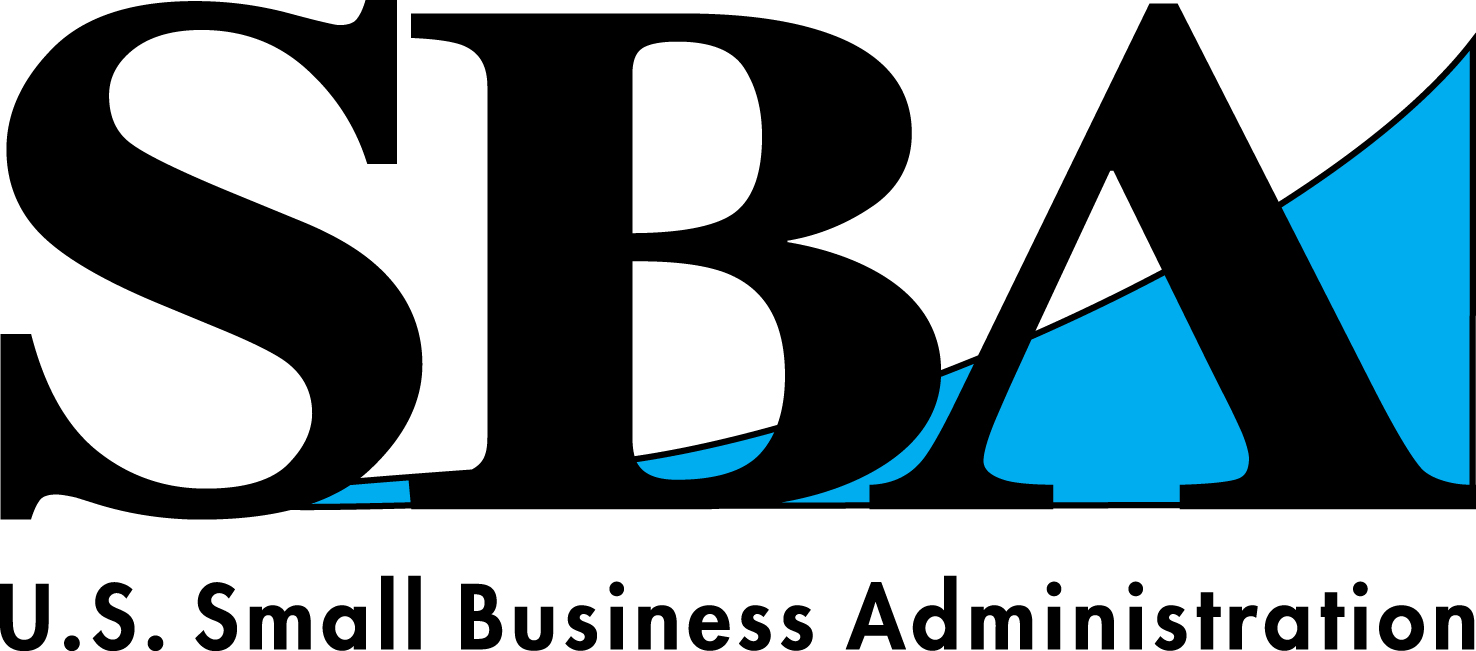 Keep it simple, says SBA, in a recent proposed rule that would redefine the rules of affiliation for firms applying to SBA’s business loan programs, including the 7(a) Loan Program and 504 Loan Program (collectively, the “Business Loan Programs”). Per the proposed rule, changing conditions in the economy and a constantly-evolving small business community have spurred SBA to seek ways to improve the efficiency of its Business Loan Programs. To that end, SBA is proposing to simplify guidelines for determining affiliation for eligibility based on size.
Keep it simple, says SBA, in a recent proposed rule that would redefine the rules of affiliation for firms applying to SBA’s business loan programs, including the 7(a) Loan Program and 504 Loan Program (collectively, the “Business Loan Programs”). Per the proposed rule, changing conditions in the economy and a constantly-evolving small business community have spurred SBA to seek ways to improve the efficiency of its Business Loan Programs. To that end, SBA is proposing to simplify guidelines for determining affiliation for eligibility based on size.
The SBA’s affiliation rules generally apply to all SBA programs for which a business must qualify as small. In this regard, firms participating in SBA’s government contracting and business development programs, i.e., the 8(a) Business Development Program and those seeking financial assistance through the Business Loan Programs, currently play by the same rules—at least, for the most part—when it comes to demonstrating small business size status. That soon may change, however. According to the proposed rule, SBA believes that, in general, most of its principles of affiliation should apply across the board. Nevertheless, it also believes that certain rules—namely, those which are not so black and white—have more relevancy in the federal contracting arena where the objective is to prevent large firms from gaining access to small business contract dollars, and thus should be eliminated from the Business Loan Programs. So, what is in and what’s out?
For starters, SBA is proposing to leave the totality of the circumstances and common management affiliation rules intact. Affiliation based on stock ownership would also stay put, but with a slight twist. Under the current rule, if an individual owns 50% or more of a concern, he or she is deemed to have control of the small business. In addition, there are certain instances where SBA will find that one or more minority owners have the power to control the small business. For purpose of the Business Loan Programs, however, SBA believes that in those instances that the holdings are so diffused that control would always rest with the concern’s management. Thus, under the proposed rule, if no one person owns 50% of the voting equity of the concern, SBA would deem the small business to be controlled by the officers, managing members, partners, or directors who control the management of the concern.
Applicants to the Business Loan Programs would also remain to be subject to a finding of affiliation based on a shared identity of interest. However, while SBA currently presumes that persons with common investments or firms that are economically dependent through contractual (or other) relationships share an identity of interest, for purposes of the Business Loan Programs, SBA would limit that presumption only to close relatives (e.g., spouse, parent, child or sibling). The SBA’s decision to retain the presumption of affiliation arising from the familial relationship is based on the customary understanding that close relatives have a close alignment of interests and a strong financial incentive to support and participate in family businesses.
The newly organized concern and joint venture affiliation rules would be eliminated from the Business Loan Programs. The SBA believes that the newly organized concern rule—which is designed to prevent former small businesses from creating spin-off firms in order to continue to perform on small business contracts—is generally not applicable to its Business Loan Programs because the immediate business owners, and not the former entity, are the responsible party or parties for any loan. And, with respect to joint venture affiliation, SBA believes that this rule is unnecessary because joint ventures rarely, if ever, apply for assistance under the Business Loan Programs.
In closing, SBA’s affiliation principles are complicated, so much so that, while the proposed rule would, to some extent, simply these principles for Business Loan Program applicants, it would not result in a bright-line test for determining size. Comments to the proposed rule are due by December 1, 2015.
About the author: Peter Ford is an associate with PilieroMazza in the Government Contracts Group. He may be reached at pford@pilieromazza.com.



